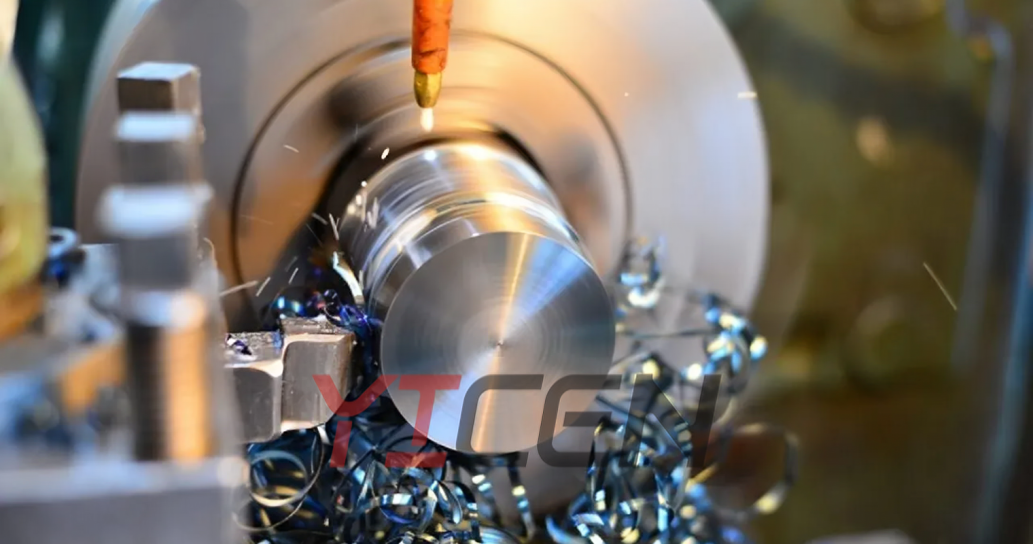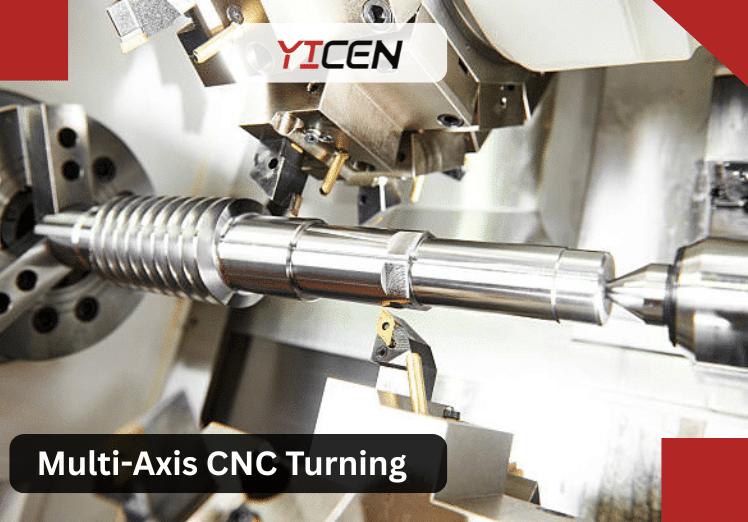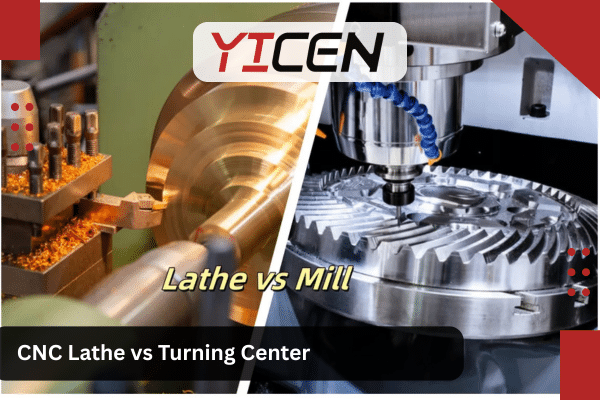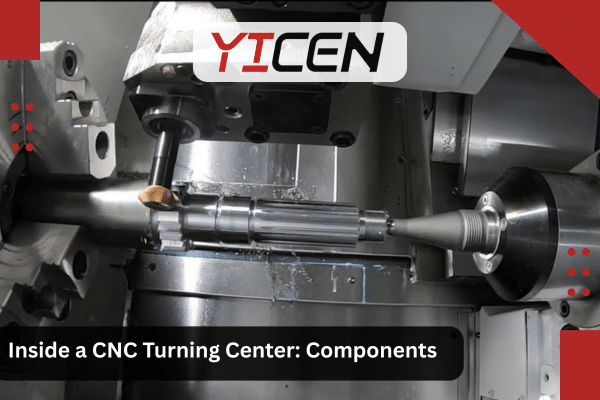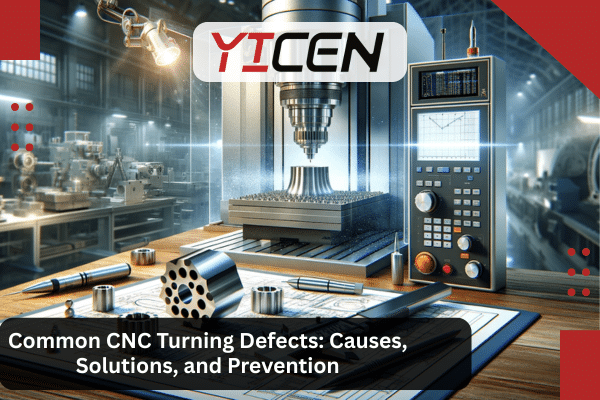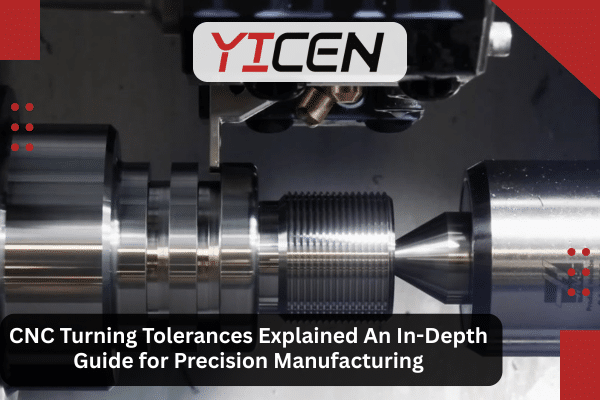CNC Stainless Steel Machining is a manufacturing technique that boasts of using computer numerical control (CNC) during the cutting, shaping and finishing process of stainless steel products. Stainless steel, corrosion resistant, and tough is popular with aerospace, medical, automotive, and industrial applications.
How Does CNC Stainless Steel Machining Work?
The manufacturing of stainless steel through CNC is a multiple step process in precision manufacturing which brings raw stainless steel to a fully functioning stainless steel assembly. Stainless steel, known for its corrosion resistance, durability, and strength, is widely used in aerospace, medical, automotive, and industrial sectors.
CAD Modeling
The process starts with CAD (Computer-Aided Design) where engineers establish a 3D model that gives all the details of the part including its size and even the surface finishes. The steel grade is selected on the basis of application’s performance requirement.
CAM Programming
Once compilation of the model, a computer aided manufacturing (CAM) software is used to cut the toolpaths. The software determines spindle revolutions, feeds and coolant coefficients that are optimum according to the steel grade that has been chosen.
Tool Selection
The selection of tools is important since stainless steel has a tendency of wearing out cutters. The tool geometry used at Yicen precision on each grade of steel is balanced to give the optimum combination of speeds, accuracy and tool life.
CNC Machining
Cutting, drilling, and shaping of the part are done in CNC mills, lathes and multi-axis machines. Milling works with surface and profiles whereas turning is utilized in a cylinder. These fine CNCs have adaptive cutting parameters through system software that can be used to eliminate machining pitfalls such as chatter, or tool deflection, held to tolerances down to just -0.005 mm.
Quality Control
Each part undergoes in-process and post-process inspections using tools like touch probes, CMMs, and surface testers. The team of Yicen Precision ensures all aspects of dimensions, features and finish matches as the CAD specs meet specifications across all industries.
Finishing
The final steps are deburring edges, polishing, and passivating some parts to promote resistance to corrosion. Yicen Precision a wide range of finishing depending on the required steel grade whether it is a hygienic finish in food applications to medical grade passivation for surgical tools.
CNC Stainless Steel Machining vs Other Materials
Here’s how stainless steel compares to other commonly machined materials:
| Material | Strength | Corrosion Resistance | Machinability |
| Stainless Steel | High | Excellent | Moderate to Low |
| Aluminum | Moderate | Low | Excellent |
| Brass | Low | Moderate | Excellent |
| Titanium | High | Excellent | Difficult |
Stainless steel strikes the best balance between strength and corrosion resistance, making it ideal for mission-critical parts, though it requires specialized knowledge.
Why Is CNC Stainless Steel Machining So Crucial?
CNC Stainless Steel Machining is indispensable manufacturing and it provides the precision, dependability, and performance of the material demanded in high-tech industries.
Industrial Demand
Sectors such as medical, food and oil & gas industries are the most dependable on CNC stainless steel machining as stainless steel is a preferred material over others due to superior corrosion resistance properties, strength and versatility, which ensure hygiene in applications such medical or surgical tools, food processing equipment and valves used in the oil and gas industry.
Precision and Consistency
CNC machining offers all the precision and the consistency of manufacturing and produces tight tolerances (0.005-0.01 mm), smooth finishes and even quality of both prototypes and mass production.
Grade Flexibility
The versatility of CNC machining allows it to handle various steel grades, such as 304 for general use, 316 for marine and medical applications, and 17-4 PH for high-strength aerospace parts, each with unique machining challenges like tool wear and heat buildup.
Fast & Scalable
CNC Stainless Steel Machining allows manufacturers to produce and scale at a faster rate as manufacturing can move quickly through the rapid prototyping process to full production quality with both speed and efficiency.
What Are Stainless Steel Grades?
The composition and properties of stainless steels are described by stainless-steel grades. Such grades are standardized and given by bodies such as the AISI (American Iron and Steel Institute) and classified according to their type of crystalline structure as well as their alloy content chiefly chromium, nickel, molybdenum and carbon.
Which Steel Grades Are Best for CNC Machining?
The important considerations in the successful CNC machining are the selection of the type of steel to use. Here are numerous types and compositions of stainless steels whose machinability ratings and performance were specified.
Steel Grades for CNC Machining
| Steel Grade | Type | Key Properties | Typical Applications |
| 1018 | Low Carbon Steel | Good weldability, easy to machine, smooth finish | Shafts, pins, gears, machine components |
| 1045 | Medium Carbon Steel | Higher strength than 1018, heat-treatable | Axles, crankshafts, bolts, couplings |
| 1215 | Free-Machining Steel | Excellent machinability, low cost | Screws, bushings, fittings, high-volume parts |
| 4140 | Alloy Steel | High strength, wear-resistant, heat-treatable | Gears, dies, spindles, heavy-duty tooling |
| 4130 | Chromoly Alloy Steel | Strong yet lightweight, good weldability | Aerospace tubing, racecar frames, structural |
| 304 | Stainless Steel | Corrosion-resistant, non-magnetic, general-purpose | Food processing, kitchenware, construction |
| 316 | Stainless Steel | Marine-grade, highly corrosion-resistant, non-magnetic | Medical devices, marine parts, chemical tanks |
Industries That Rely On CNC Stainless Steel Machining
Steel grades are selected depending on the requirements of the performance and the primary task is to overcome the issues of machining in order to get high requirements in the industry.
Here’s a closer look at the industries where CNC stainless steel machining plays a critical role in delivering strength, precision, and long-term performance.
Aerospace Industry
Aerospace also requires high precision and the tightest tolerances of all parts with each part having to withstand harsh conditions. Steel fasteners made of high strength and turbine components are manufactured using CNC stainless steel machining taking into consideration high grades of dubious steel such 17-4 PH and 304.
Medical & Healthcare
Devices in medicine require perfect finishing, bio compatibility and accuracy. Surgical instruments, parts of implants, and diagnostics tools may be made out of stainless steel; 316 or 410 steel grades may be machined.
Automotive Sector
Vehicles industry heavily rely on machined parts made of stainless steel to be used in their fuel injectors, exhaust manifolds, sensor housings and suspension units. CNC machining promotes consistency in high volume production, and addresses machining issues such as heat generated in the machines and chip evacuation in case of long cycle times.
Oil & Gas Industry
The oil and gas industry demands components that are corrosion, pressure, and temperature-resistant. Valves, pumps and flanges CNC machined in high grade stainless steels, are essential to both down and upstream processes.
Electronics & Technology
The stainless steel used when making enclosures, heatsinks and precision connectors must be controlled dimensionally. The CNC machining enables technology firms to model complex parts to be resistant to wearing and lasting longer, especially in trying conditions or in the case of consumer products.
Marine Applications
Stainless steel’s corrosion resistance makes it ideal for marine hardware, propeller shafts, and underwater connectors. Use of steel grade such as 316 can guarantee long-term performance even in salt exposure, as well as Yicen Precision providing finishing treatment options in order to increase the lifetime even more.
What Are the Common Machining Challenges with Stainless Steel?
With the benefits, stainless steel has many machining challenges that may affect the tool life, surface finish, and dimensions accuracy.
Work Hardening
The stainless steel has a tendency to harden quickly when under mechanical pressure and this results in the tools breaking and uneven machining.
Heat Generation
It has low thermal conductivity which leads to accumulation of heat and threatens to cause thermal expansion and surface flaws.
Tool Wear
Aggressive steel grades accelerate the wear and tear on the cutting tools and thus inserts and coatings are of top quality.
Chip Evacuation
Long and continuous chips formed by stainless steel may result in clogging of the machines without appropriate management.
Why Choose YICEN Precision for Stainless Steel Machining?
In respect to CNC stainless steel machining, YICEN Precision has earned itself the reputation of a reliable business partner. The reason why manufacturers, engineers, and clients all over the world choose our services is the following:
Expertise Across Steel Grades
YICEN Precision has practical experience in machining a very diverse selection of steel grades- 1018 and 4140 to 304 and 316 and hardened alloys. This will guarantee the best use of tools, methods of cutting and finishes to be adopted depending on the properties of a particular grade.
Advanced Multi-Axis CNC Machines
Our high-tech shop has 3-, 4- and 5-axis computer numeric controlled (CNC) machining capabilities, which ensure our ability to support the solution of highly complex geometry, tight dimensional tolerances (0.005mm tolerances), and multi-surface machining.
Customized CAM Programming
At Yicen Precision, we maximize each component with state-of-the-art CAM software and simulation programs, to simultaneously reduce tool wear and material waste as well as achieve repeatable high-precision accuracy on even the most challenging machining tasks.
On-Time Delivery & Global Support
With a track record of quick lead time, customer responsiveness and global shipping, YICEN Precision keeps your production schedules on target be it prototypes or large-volume orders.
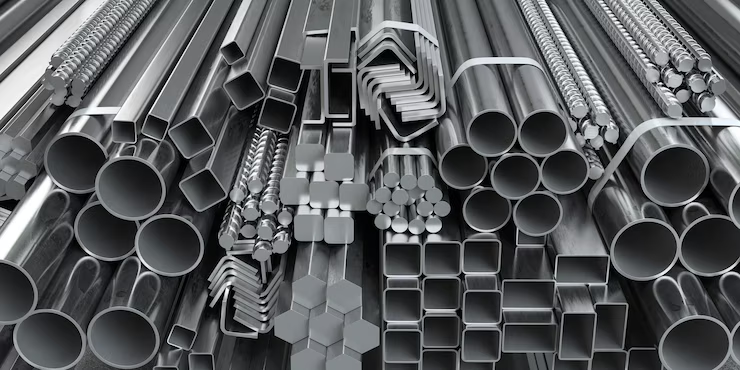
Final Thoughts
CNC stainless steel machining is an important process in manufacturing robust, accurate, and corrosion resistant components utilized in all kinds of industries namely the aerospace industry, medical industry, marine industry, and automotive industry. However, in order to get high-quality and reliable results one consistently, it does not need sophisticated equipment but the vast knowledge of all types of steel and skills in solving problems in machining as well as precision in every step. At Yicen Precision, we combine decades of experience with cutting- edge CNC technologies to provide exceptional solutions

